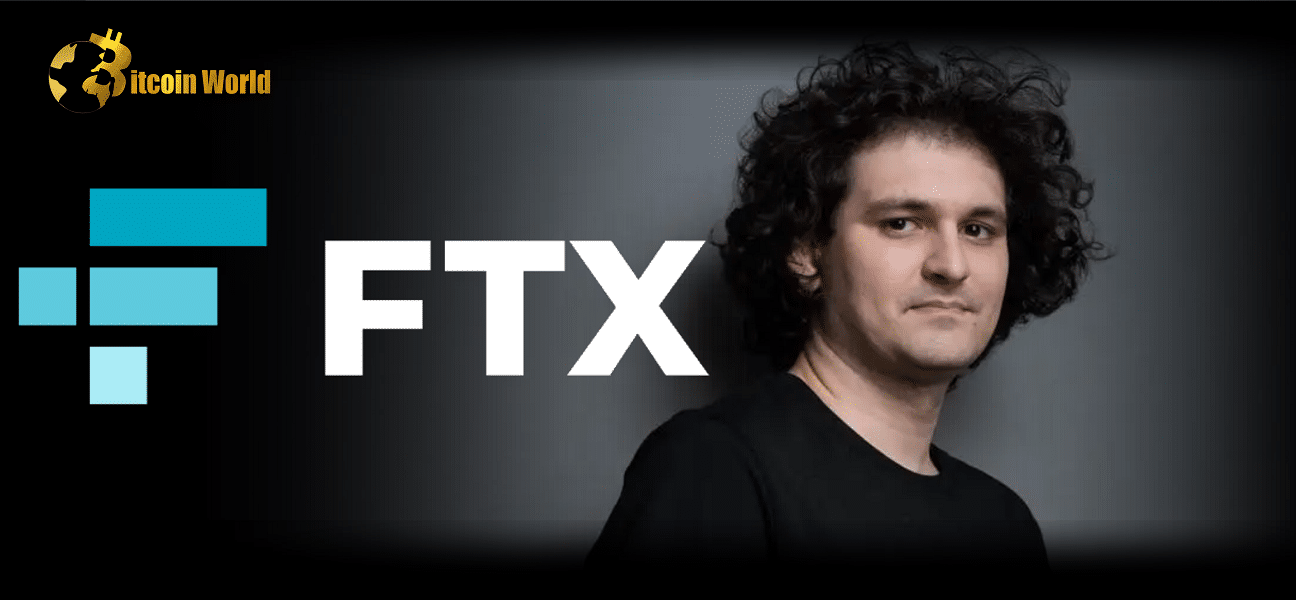The crypto world is still reeling from the dramatic collapse of FTX, once a leading cryptocurrency exchange. At the heart of it all is its founder, Sam Bankman-Fried (SBF), who, despite no longer having formal access to the company, is reportedly working tirelessly from his Bahamas residence to orchestrate a bailout. But in the face of a staggering billion-dollar deficit, is a rescue mission even feasible? Let’s dive into the unfolding saga.
The Billion-Dollar Question: Can FTX Be Saved?
According to a CNBC report, SBF is still holding onto the hope of securing a bail arrangement for FTX. The goal? To plug a massive billion-dollar hole in the company’s balance sheet. Bankman-Fried insists that substantial customer assets exist in countries with “segregated balances,” particularly in the United States, and believes there are “billions of dollars of possible funding options” out there.
But let’s break down the situation:
- The Scale of the Problem: FTX is facing a billion-dollar balance sheet gap. This isn’t a small hiccup; it’s a chasm that needs to be bridged for any bailout to be meaningful.
- SBF’s Continued Involvement: Even without access to company systems or his official email, SBF remains actively engaged. Capital investors have confirmed to CNBC that he’s been making calls in recent weeks, attempting to rally support and secure funding.
- Optimism Amidst Doubt: SBF’s public statements suggest a degree of optimism about finding a solution. However, the market sentiment and the sheer size of the required funds cast a long shadow of doubt.
Is Anyone Willing to Take the Plunge? The Investor Perspective
While SBF is actively seeking financial lifelines, the reality on the ground appears less encouraging. Investors who spoke to CNBC expressed significant skepticism. The core issue? Finding entities with both the financial muscle and the risk appetite to undertake such a colossal bailout.
Think about it – a billion-dollar bailout is not pocket change. It requires:
- Deep Pockets: Only a handful of institutions or individuals globally possess the resources to commit such a large sum.
- High Risk Tolerance: Investing in a company undergoing bankruptcy proceedings is inherently risky. Potential investors need to be comfortable with the possibility of losing their entire investment.
- Due Diligence Challenges: Given the current turmoil and lack of transparency surrounding FTX’s financials, thorough due diligence would be a Herculean task.
As investors weigh these factors, the likelihood of a straightforward bailout becomes increasingly uncertain.
The Legal Reality Check: What Can SBF Actually Do?
Enter Adam Levitin, a principal at Gordian Crypto Advisors and a law professor at Georgetown University, who offers a sobering legal perspective. Levitin argues that SBF’s current position is not as powerful as he might hope.
In Levitin’s words:
“He’s no different than any third-party suitor at this point, other than the fact that he’s a majority FTX shareholder. […] He could come into Delaware with an unsolicited offer, and say I want to buy out all the creditors for a price. But that would have to be approved by the bankruptcy court — he can’t force a deal.”
This brings several crucial points to light:
- Limited Leverage: Despite being a majority shareholder, SBF’s operational control is gone. He’s essentially an outsider trying to negotiate his way back in.
- Bankruptcy Court’s Authority: Ultimately, the bankruptcy court in Delaware holds the cards. Any bailout or restructuring plan needs their approval to proceed.
- No Forced Deals: SBF cannot unilaterally impose a solution. Any offer he makes will be scrutinized by the court and must be in the best interests of the creditors.
Levitin’s analysis suggests that SBF’s efforts, while potentially influential, are subject to significant legal constraints. He can propose, but the bankruptcy court decides.
A Glimmer of Hope? The New CEO’s Perspective
Adding another layer to this complex situation is the stance of the new FTX CEO. While navigating the bankruptcy proceedings and seeking to sell or restructure the business, the new leadership has indicated openness to a rescue. This suggests that the door for a bailout isn’t entirely closed.
Furthermore, the new CEO has pointed out that several of FTX’s licensed and regulated entities, both within and outside the United States, possess solvent balance sheets. This is a potentially significant detail because:
- Solvent Entities as Assets: These solvent entities could be attractive to potential buyers or investors. They represent viable businesses within the larger FTX group.
- Restructuring Opportunities: The existence of solvent entities could provide a foundation for restructuring FTX, potentially salvaging parts of the business and mitigating losses for creditors.
- Complex Legal Landscape: However, disentangling these solvent entities from the overall FTX bankruptcy mess will be a legally intricate process.
The Road Ahead: Uncertainty and Potential Paths for FTX
The future of FTX remains shrouded in uncertainty. While Sam Bankman-Fried’s attempts to orchestrate a bailout inject an element of drama into the situation, the practical and legal hurdles are substantial.
Here’s a look at the potential scenarios:
| Scenario | Likelihood | Key Factors |
|---|---|---|
| Full Bailout orchestrated by SBF | Low | Finding investors willing to commit billions, overcoming legal hurdles, bankruptcy court approval. |
| Partial Bailout/Restructuring | Medium | Focus on solvent entities, attracting buyers for specific parts of FTX, negotiated settlements with creditors. |
| Liquidation | Medium-High | Failure to secure sufficient funding, legal complexities, maximizing asset recovery for creditors through liquidation. |
Ultimately, the FTX saga is a stark reminder of the volatility and risks inherent in the cryptocurrency market. Whether SBF can pull off a miraculous rescue or FTX faces a complete unraveling remains to be seen. The crypto world, and countless investors, are watching with bated breath.
Disclaimer: The information provided is not trading advice, Bitcoinworld.co.in holds no liability for any investments made based on the information provided on this page. We strongly recommend independent research and/or consultation with a qualified professional before making any investment decisions.




